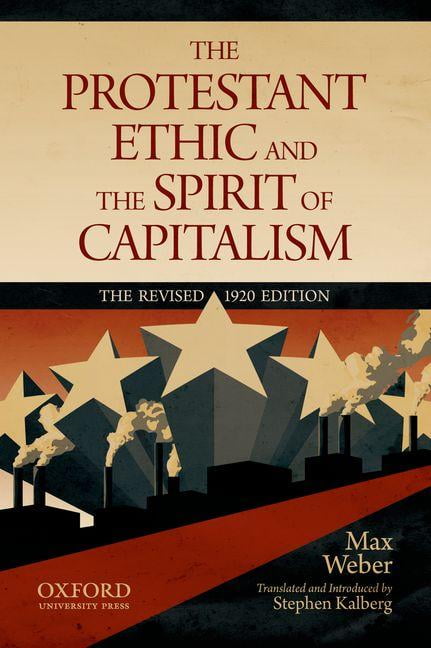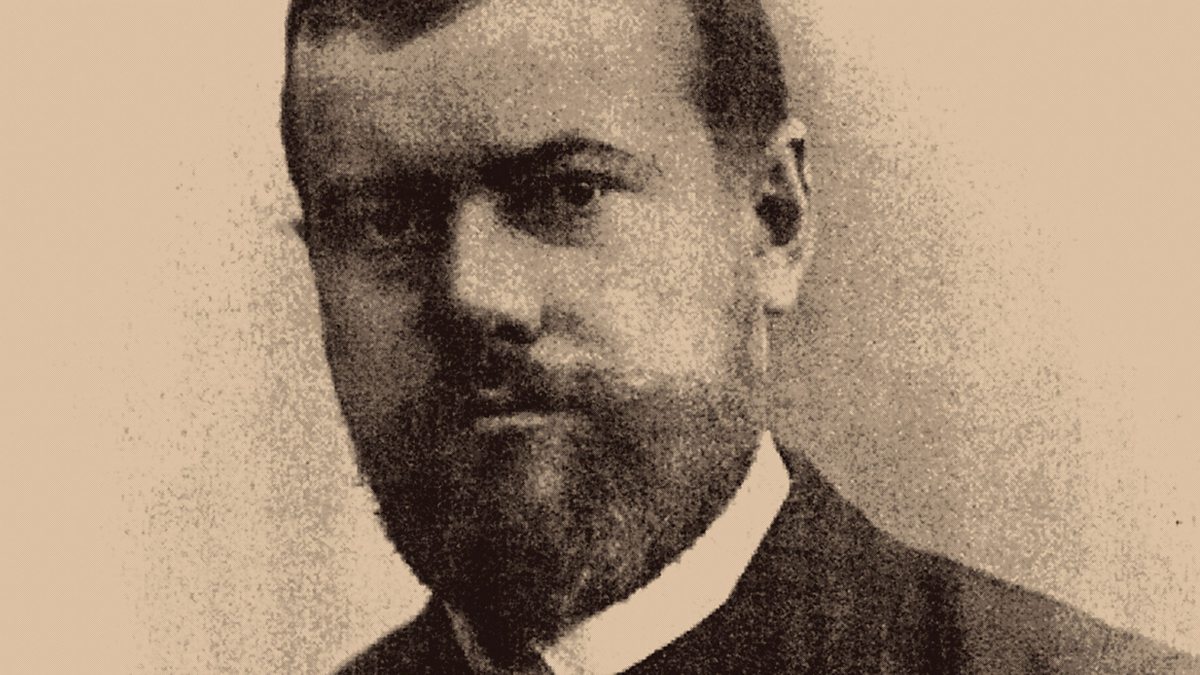

Nevertheless, Luther did not push this potential revolution further because he clung to a traditional, static view of economic life. Contrary to medieval belief, religious vocations were no longer considered superior to economic vocations for only personal faith mattered with God. In an era when religion dominated all of life, Martin Luther’s (1483-1546) insistence that salvation was by God’s grace through faith had placed all vocations on the same plane.

Yet, this pattern “was suddenly destroyed, and often entirely without any essential change in the form of organization…” Calvinism, Weber argued, changed the spirit of capitalism, transforming it into a rational and unashamed pursuit of profit for its own sake. Lacking moral support in pre-Protestant societies, business had been strictly limited to “the traditional manner of life, the traditional rate of profit, the traditional amount of work…” (67).

Weber emphasized that money making as a calling had been “contrary to the ethical feelings of whole epochs…” (Weber 1930, p.73 further Weber references by page number alone). This article summarizes Weber’s formulation, considers criticisms of Weber’s thesis, and reviews evidence of linkages between cultural values and economic growth. Weber argued that Reformed (i.e., Calvinist) Protestantism was the seedbed of character traits and values that under-girded modern capitalism. The English translation appeared in book form as The Protestant Ethic and the Spirit of Capitalism in 1930. German sociologist Max Weber (1864 -1920) developed the Protestant-ethic thesis in two journal articles published in 1904-05.


 0 kommentar(er)
0 kommentar(er)
